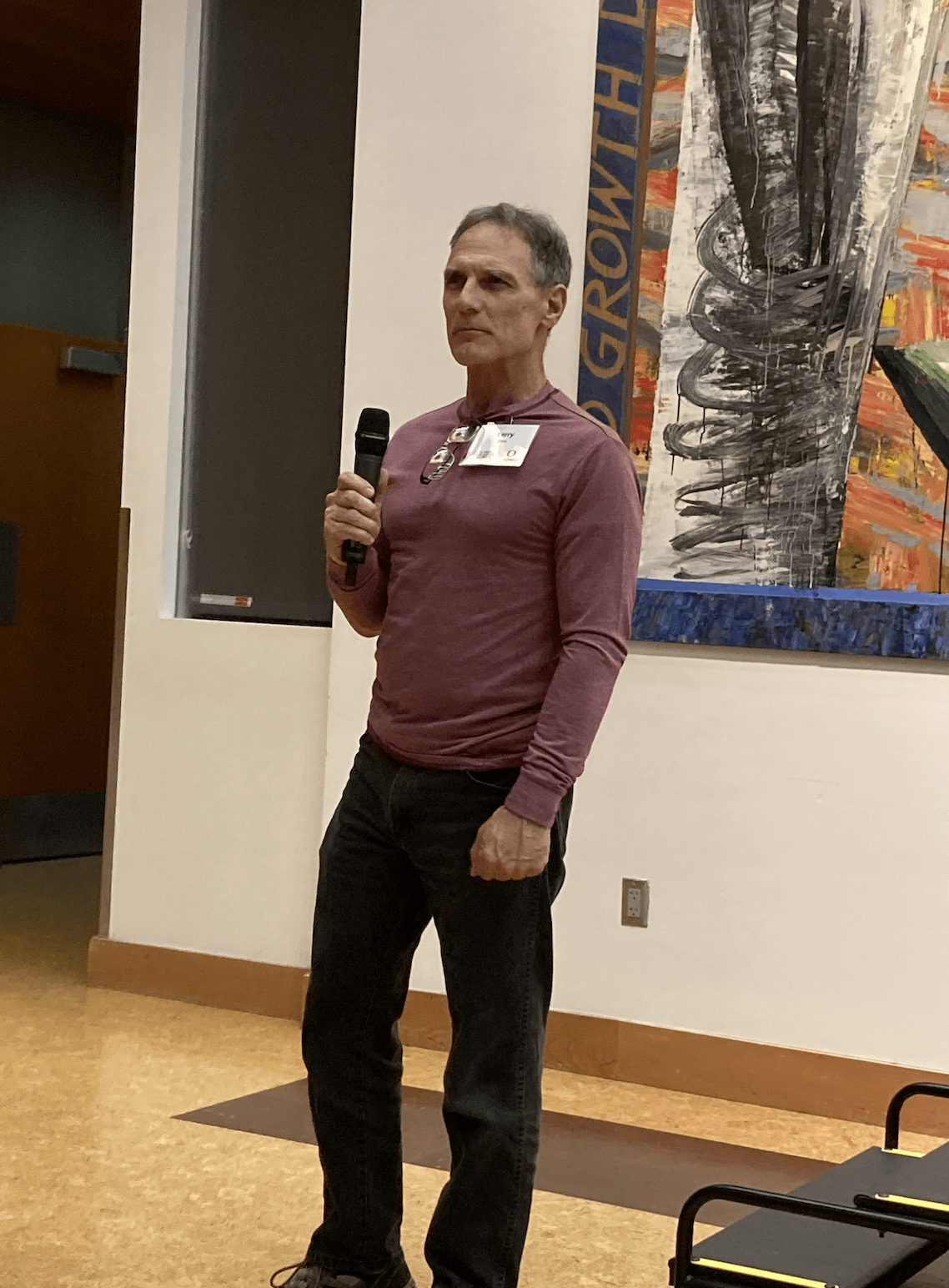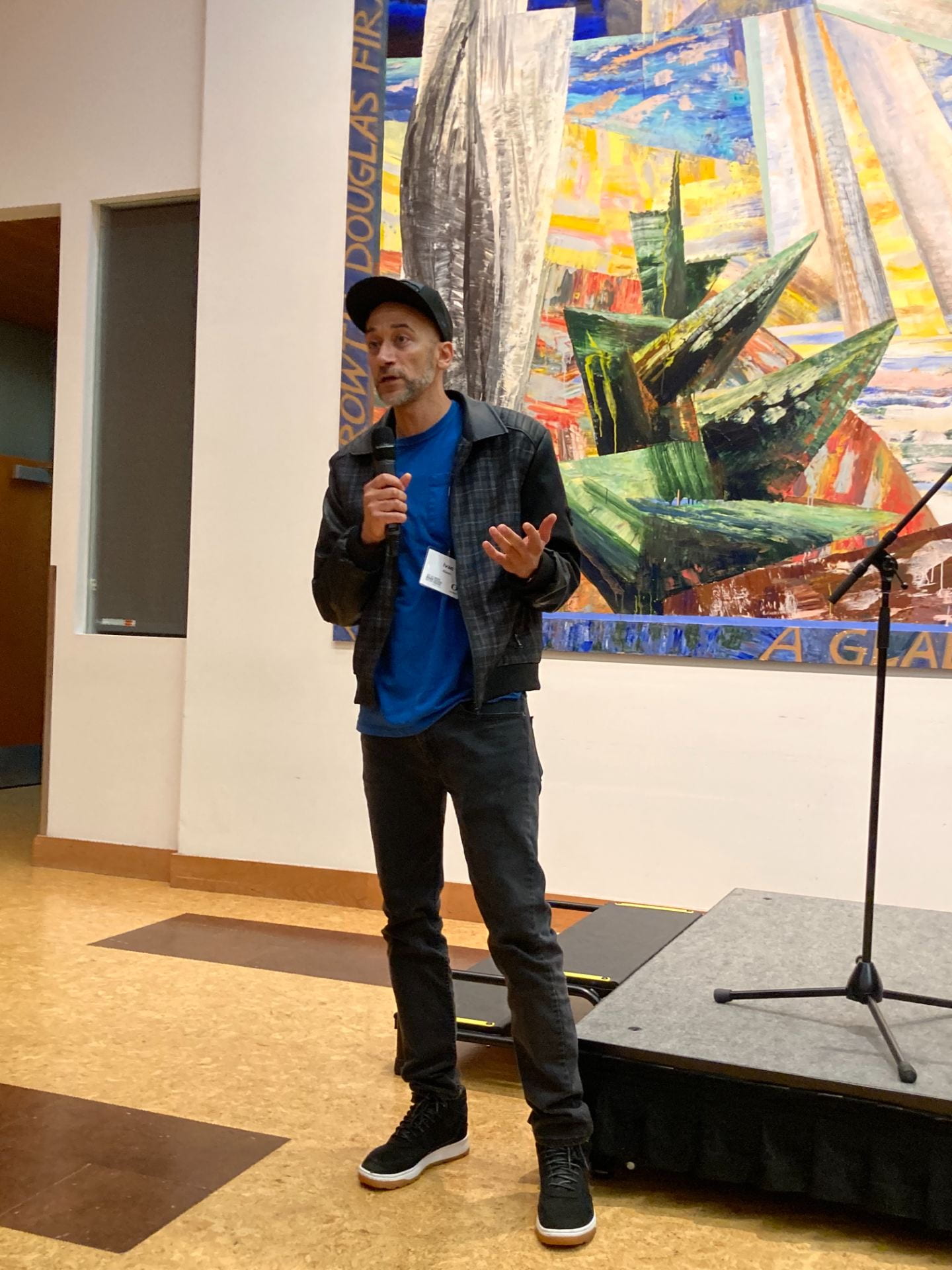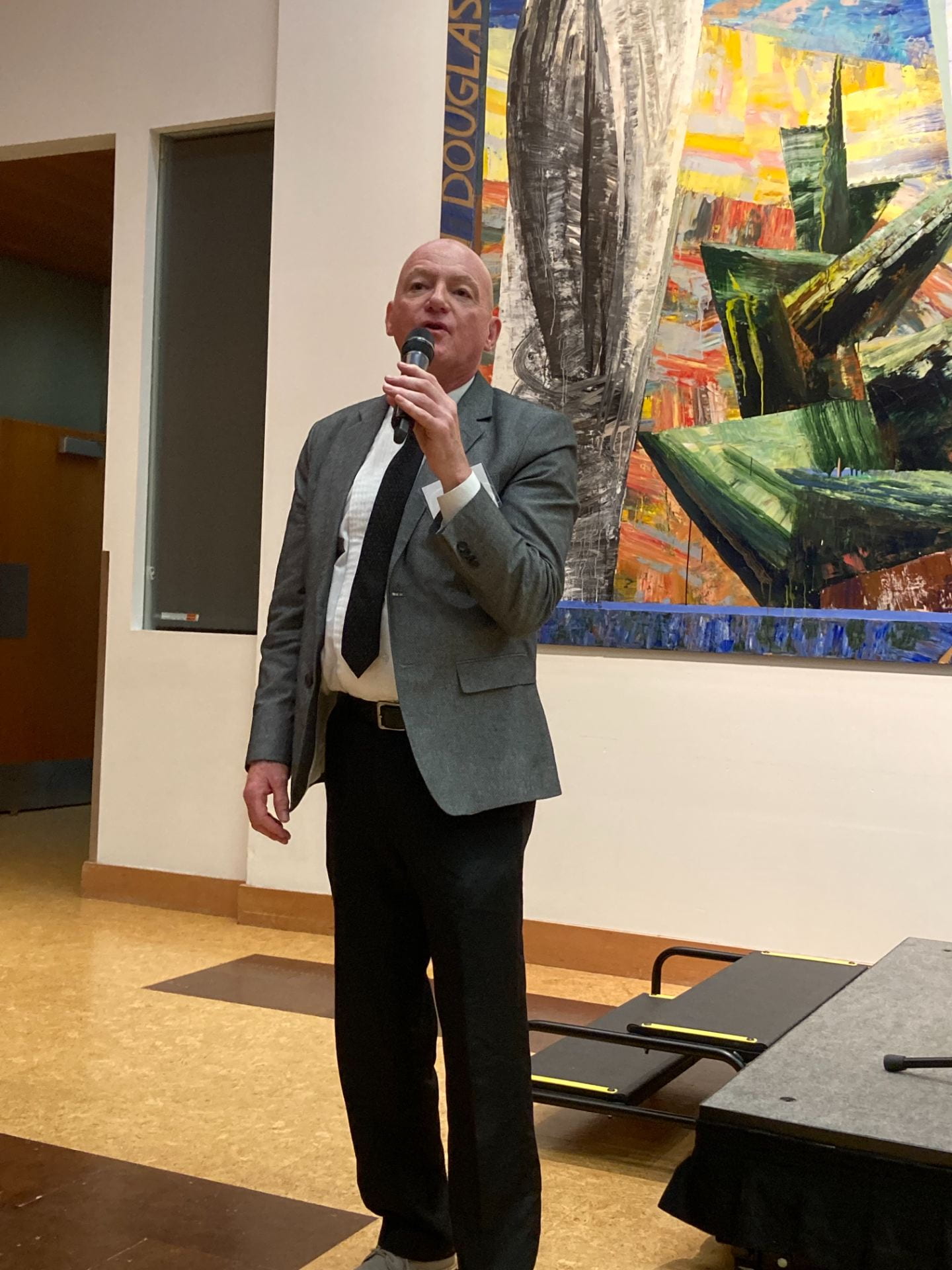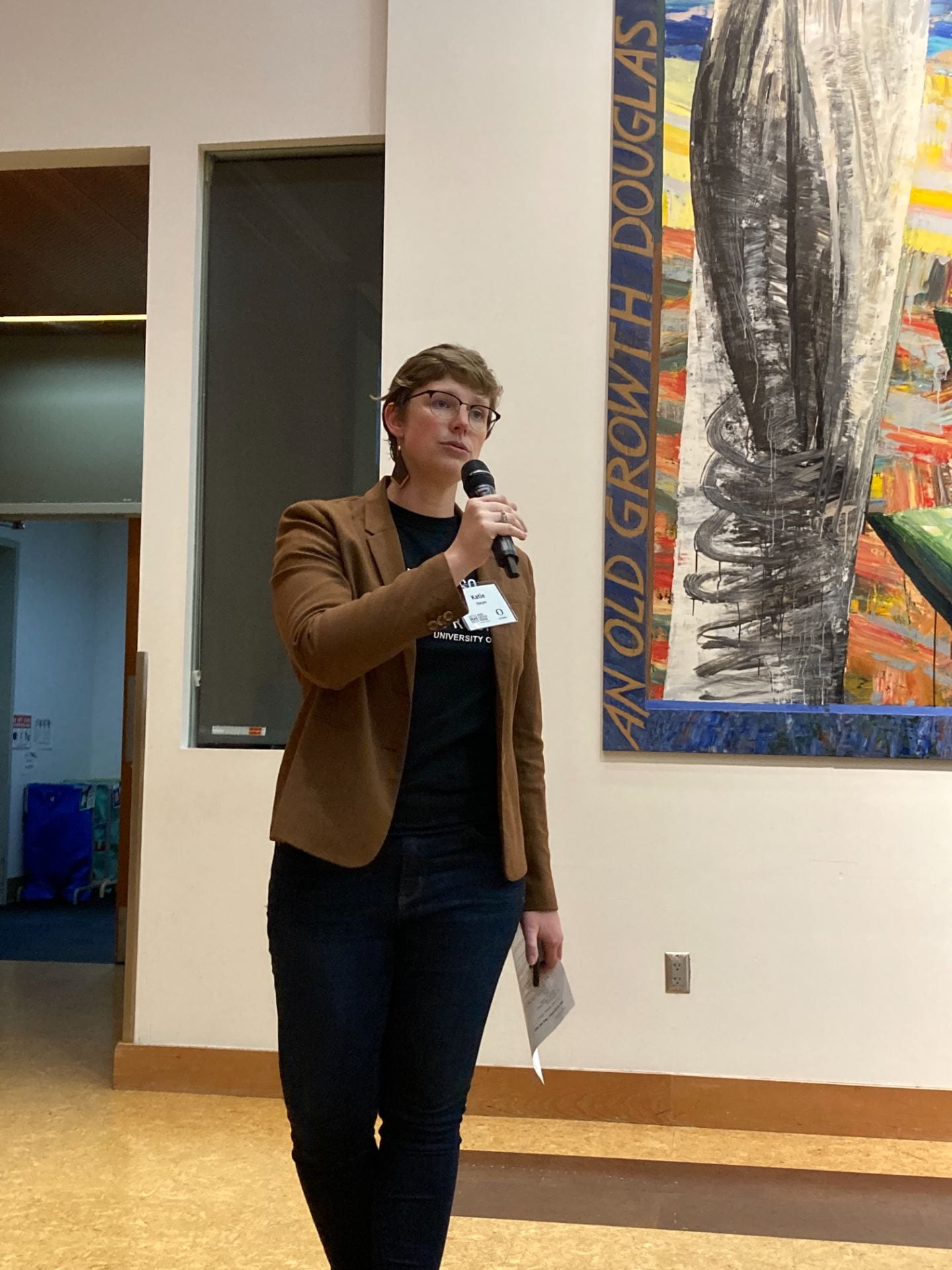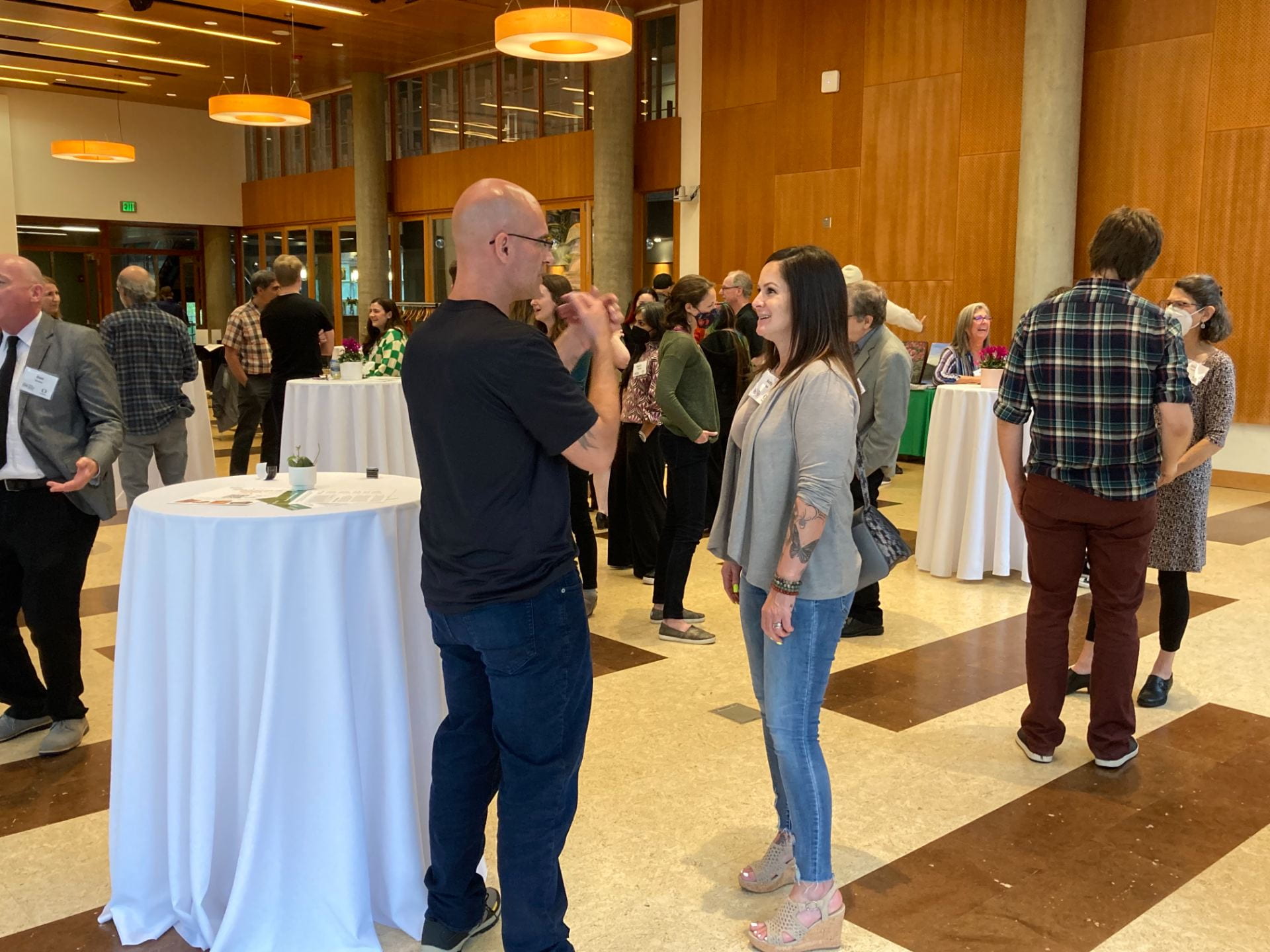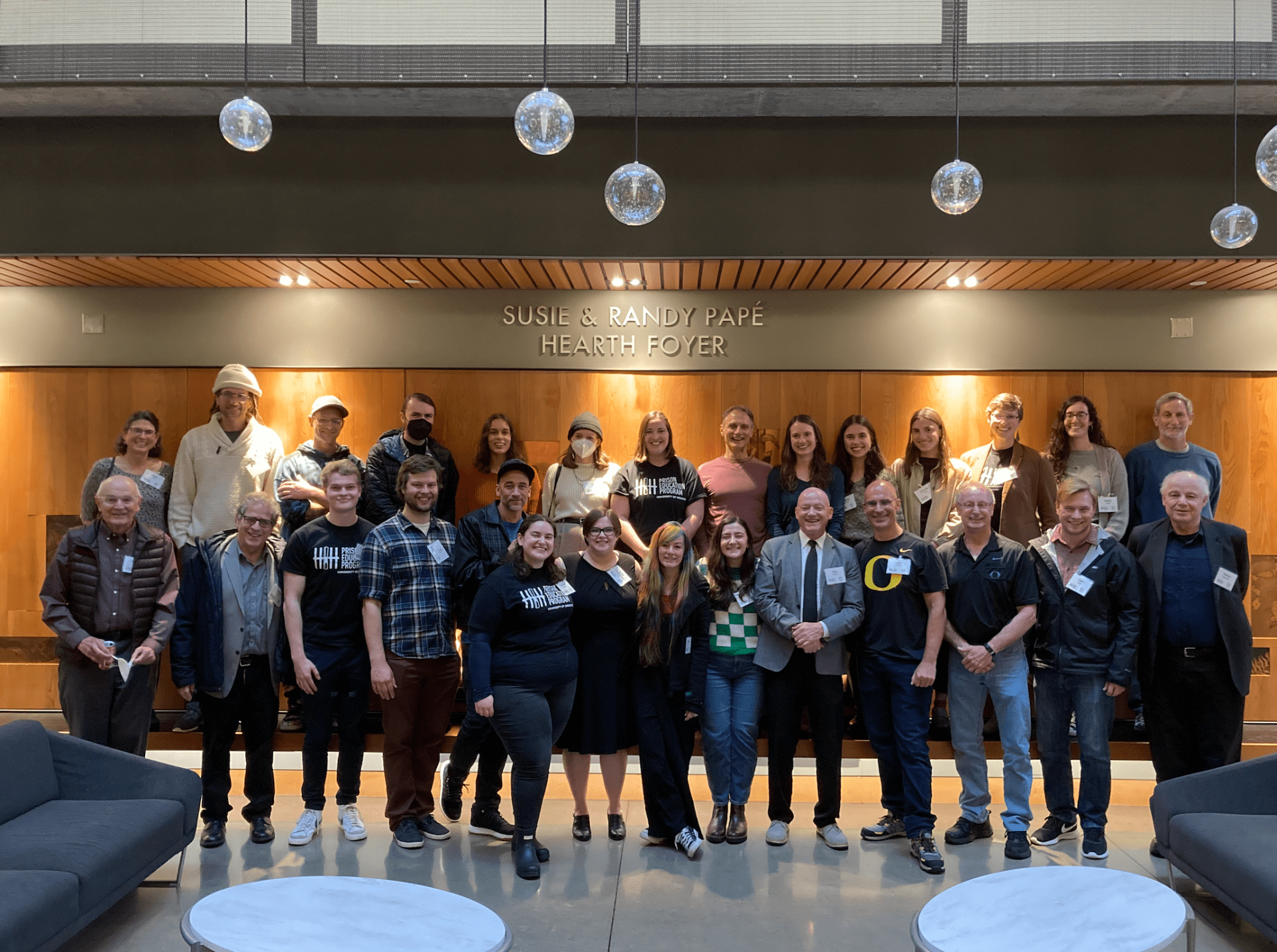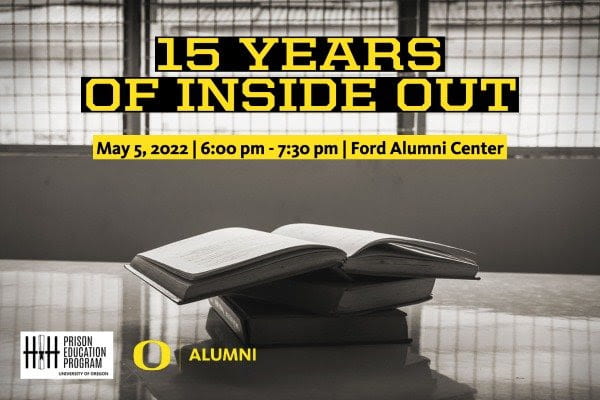GEOG 468/568 / Geography of Food Systems / Professor Leslie McLees
This class explores different ways of understanding how food systems have developed and how they both reflect and impact our society. In this class, we will explore some of the roots of what constitutes healthy eating, the role of race in the production and consumption of food, and how policy, the economy, and even religion impact the availability of certain types of food today.
GEOG 410/510 / Landscapes of Climate Change / Professor Leslie McLees
This course will provide a spatial understanding of how climate change occurs both from a scientific perspective and a cultural perspective. After an overview in climate change science, we will survey regions of the world to combine science with cultural approaches that impact how people interact with and understand their local landscapes. This class is meant to provide a grounded sense of the complexity of how climate change is understood around the world. This approach highlights how science and culture evolve and interact to produce both distinctive landscapes and diverse, creative adaptations to the changing planet.
GEOG 410/510 / Geography of the Anthropocene: Global Change / Professor Scott Warren
In this course we explore the relationship between nature and culture, and the many ways that humans have modified the earth. Many scientists, writers and other observers have asserted that humankind has “come to rival nature” in our ability to shape the earth and its systems (e.g., human-caused climate change). These observers argue that this ability to change nature and shape natural systems to our liking has ushered in a new era of geological history called the “Anthropocene.” We will interrogate this claim, reflect on its significance and theoretical underpinnings, and develop a better understanding of the drivers and consequences of global environmental change.
CAS 407/507 / Reconciliation after Intra-Community Violence / Professor Katie Dwyer
All too often, communities are split by conflict and violence. In this class, we will engage with theories of reconciliation and case-studies of societies that have worked toward healing, even in the aftermath of terrible and long-lasting conflicts. Some principles of forgiveness or co-existence are specific to cultural groups and situations. Others might be more individual, and even perhaps universal. For students who have taken past classes on intercultural communication, conflict resolution, and social movements, this class is an excellent next step. If this is your first time engaging with complex issues of culture and conflict, I hope you will find you already know much more than you might have otherwise thought.
PS 405/605/ Democracy and Power in Contemporary American Politics / Gerry Berk
This class examines the ongoing debate about the health and future of American democracy. Some argue that the problem is that politicians violate norms that are necessary to keep the system healthy. Others argue that there are deeper causes of the threats to democracy. The US has seen a massive rise in economic inequality, in which powerful corporations have come to dominate the political process. Racial hierarchy remains a persistent problem, which keeps the US from becoming a fully inclusive democracy. While vigorous social movements have emerged in the past decade to address these issues, the challenges to American democracy persist.
MATH 107 / University Math III / Professor Craig Tingey
The main goal of this course is to see many branches of mathematics and areas where real world problems can be solved by using mathematics. Prerequisite: Math 095 and/or Math 105, 106, or other college-level math. On your application please note if you have taken one of these or other college-level math classes.
